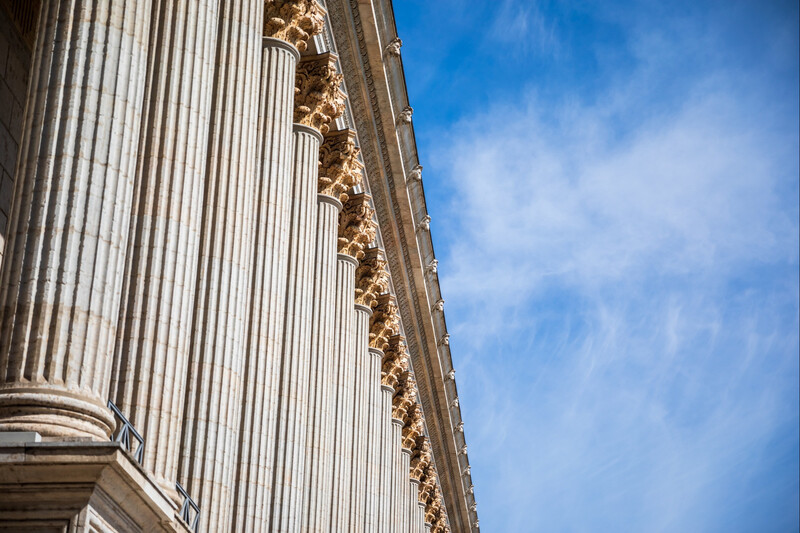En 2010, dans le cadre de l’affaire « Echange image chèque » (ou affaire EIC), l’Autorité de la concurrence avait infligé des sanctions financières à plusieurs banques pour des commissions jugées injustifiées sur la tarification des échanges de chèques interbancaires. La Cour d’appel de Paris vient de donner raison aux banques, qui vont pouvoir être remboursées des amendes de près de 400 millions d’euros.
Retour sur l’affaire « Echange image chèque » : les origines du bras de fer judiciaire
Au début des années 2000, alors que les paiements par chèque représentaient encore un tiers des transactions hors espèce en France, l’échange de chèques interbancaires était une opération manuelle. Lorsque les comptes bancaires de l’émetteur d’un chèque et de son bénéficiaire n’étaient pas domiciliés dans le même établissement, les différentes banques convoyaient et échangeaient les chèques « physiquement » dans une succursale de la Banque de France.
Le passage à l’euro a été l’occasion pour les établissements bancaires de moderniser leur fonctionnement : les chèques furent dès lors numérisés, dans le cadre d’un système baptisé « Echange image chèque », ce qui a permis de réduire les délais de traitement ainsi que les coûts. Toutefois, la numérisation des chèques a entraîné un certain déséquilibre. Les établissements qui étaient majoritairement émetteurs étaient plus rapidement débités, ce qui leur laissait moins de temps pour faire fructifier les fonds que les banques majoritairement bénéficiaires des chèques.
Pour y remédier, plusieurs banques ont alors décidé de mettre en place une commission sur chaque transaction par chèque, payée par l’établissement qui encaissait le chèque à l’établissement qui l’émettait. Le montant de cette commission était de 4,3 centimes d’euros.
La Cour d’appel de Paris rend une décision favorable aux banques
L’Autorité de la concurrence apprécie peu cette initiative, estimant qu’elle a pour conséquence d’augmenter artificiellement les coûts des banques, répercutés sur les clients. En 2010, après plusieurs années d’enquête, elle décide d’infliger de lourdes sanctions pécuniaires aux banques concernées. Le montant total de ces amendes s’élève à 385 millions d’euros.
Parmi les établissements sanctionnés, BPCE, Crédit Agricole, BNP Paribas et Société Générale payent les amendes les plus fortes. Mais les banques décident de ne pas se laisser faire, et font appel de cette décision. La Cour de cassation annule cette dernière pour vice de forme, mais une seconde Cour d’appel confirme la décision de l’Autorité de la concurrence.
La Cour de cassation se prononce à nouveau et casse une deuxième fois cet arrêt, qui est renvoyée devant la Cour d’appel. Dans une décision du 2 décembre 2021, celle-ci vient de donner raison aux établissements bancaires, qui vont donc pouvoir être remboursés de 385 millions d’euros. Même si l’Autorité de la concurrence n’exclut pas un nouveau recours en cassation, elle est désormais affaiblie et il est peu probable qu’elle aille jusqu’au bout.
